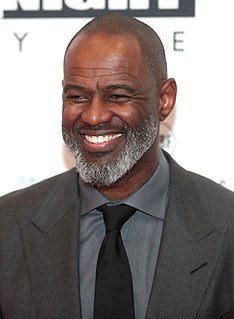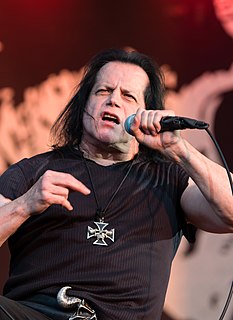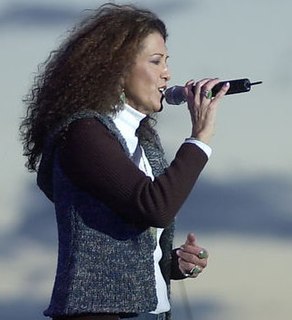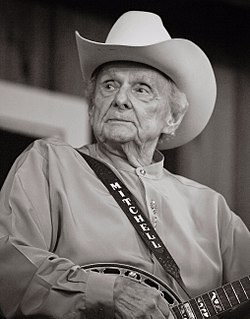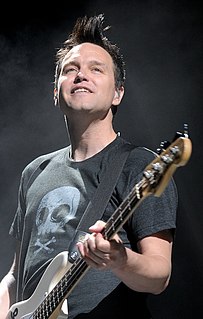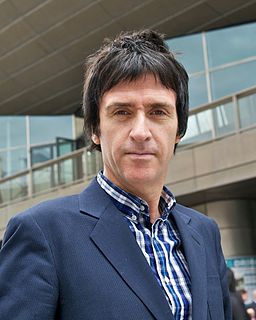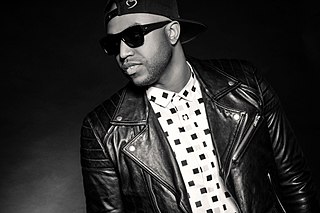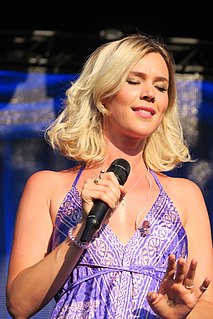A Quote by Brian McKnight
I wanted to put jazz on the record, all the loves of music that I had on the record, so I could show people I was ahead of my 19 years. It may have been over the heads of some people.
Related Quotes
Al Gore wanted to tell people what they could listen to and what they couldn't, what they could record. It was basically coming down to the idea that he wouldn't let anybody record any music that he didn't think you should be doing. There was going to be an organization that would tell you what you could and couldn't record.
Well, I don't let anyone record with me that is not a fan of mine or believe in my music. Everybody that records for me, from Bob Dylan on down to George Jones, everybody loves me and my music, and I knew they would do their best that they could do, and they did. I didn't doubt them a bit. There's some country people that I wouldn't want, which didn't record with me.
I haven't been walking around for years with some burning desire to do a solo record. If I had, maybe I'd have made a record that was experimental. Usually, the idea of a solo record is to get some weird stuff out of your system, but I don't think like that. I wasn't interested in making something that was a hard listen - maybe I'll get around to that some other time. I wanted it to sound effortless, not like I was trying to reinvent the wheel.
I wanted to make a record with a twist. I wanted to prove that you could make a record that concentrated on song craft but that was still fun, something you could listen to and love and even dance to, but not hate yourself in the morning. I think I did that. Most of my lyrics come from my own personal journals that I have kept over the years.
That was an idea of the record company, and also that was my first album after MCA and we wanted to come back with a strong album that would be noticed. If we put the vocals by very talented people and very meaningful songs, then the vocals would be a platform so that I could be noticed again. All of the MCA albums were just loaded with problems -- you know, the right musicians, the engineers. The record company would say 'You have to make music for black radio, you can't do what you have been doing with The Crusaders.' Everybody was telling me that was over, finished, done.
My music has always been sort of in between categories. Sometimes record stores - back when there were record stores - they'd put my records in the country music section, but other record stores would put my records in the pop or even the rock section. As long as it's in the store somewhere, I'm OK with it.
My music has always been sort of in-between categories. Sometimes record stores - back when there were record stores - they'd put my records in the country music section, but other record stores would put my records in the pop or even the rock section. As long as it's in the store somewhere, I'm OK with it.
I always say this to people: 'If Shaq can be in the NBA for 19 years and dominate for 19 years using his body, why can't I be in the music industry for 50 years using my brain when my brain is way stronger than anyone's body?' I have to have a successful record company, more hit records. I want to dominate the game.
When I was 19, my dad got sick, and I quit college to take over his business, a coffee shop on 19th Street, below Dupont Circle in D.C. I had been working there since I was 11 years old, so it was not a stretch to think that I could do it, but my record as a teenager, in many respects, was less than stellar.
